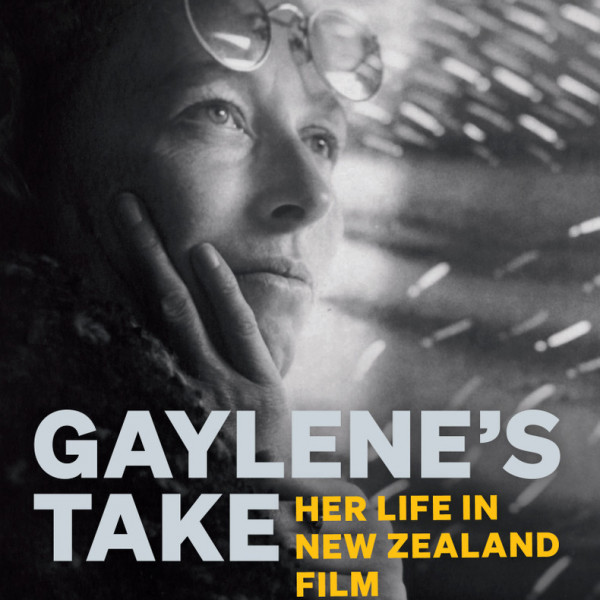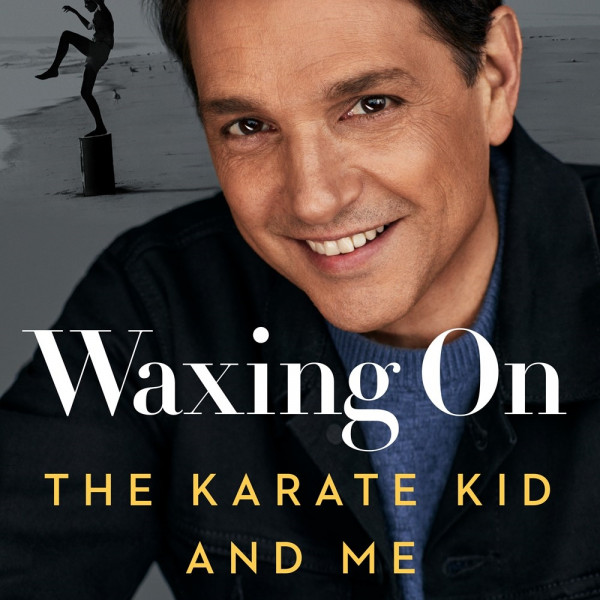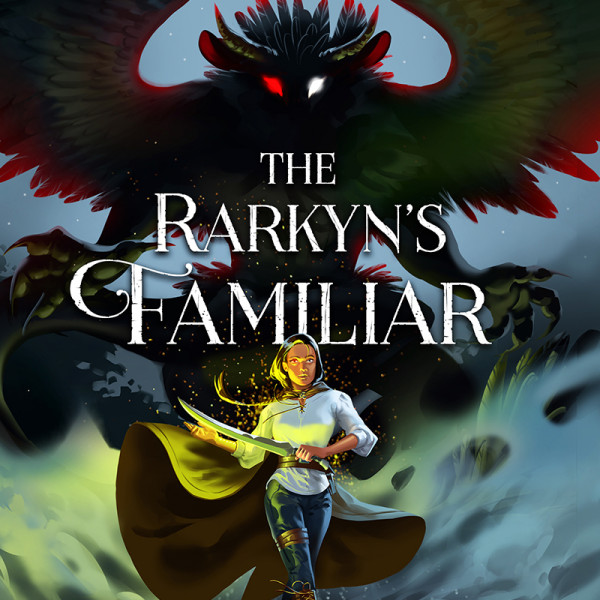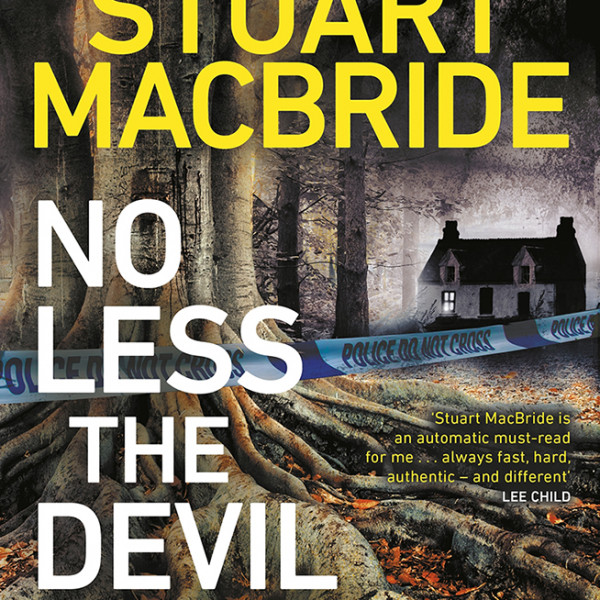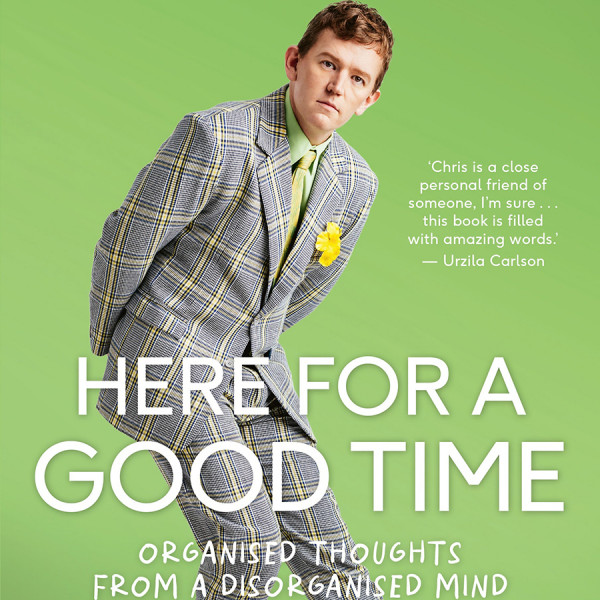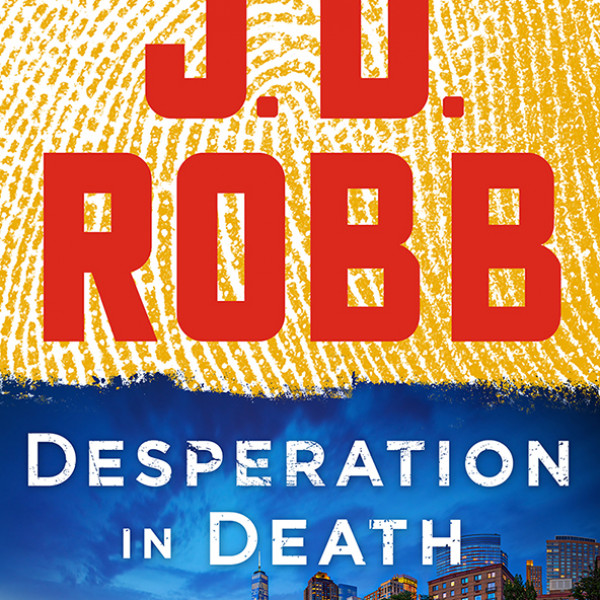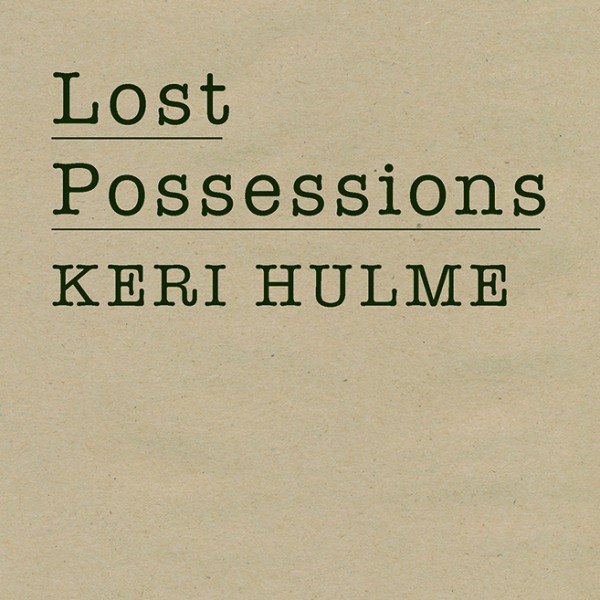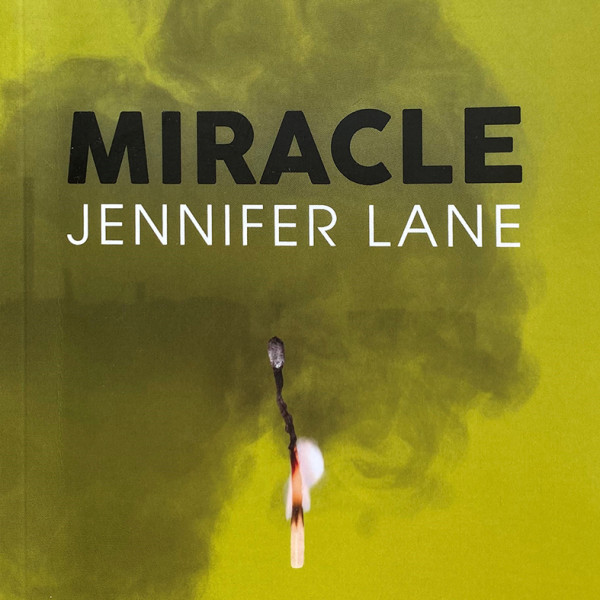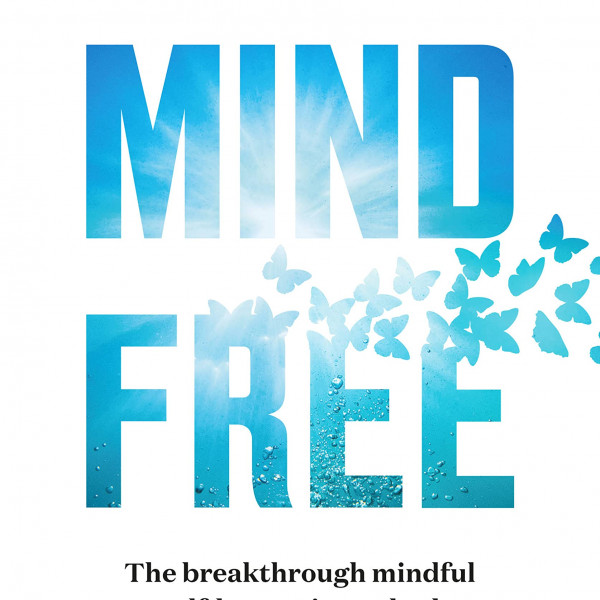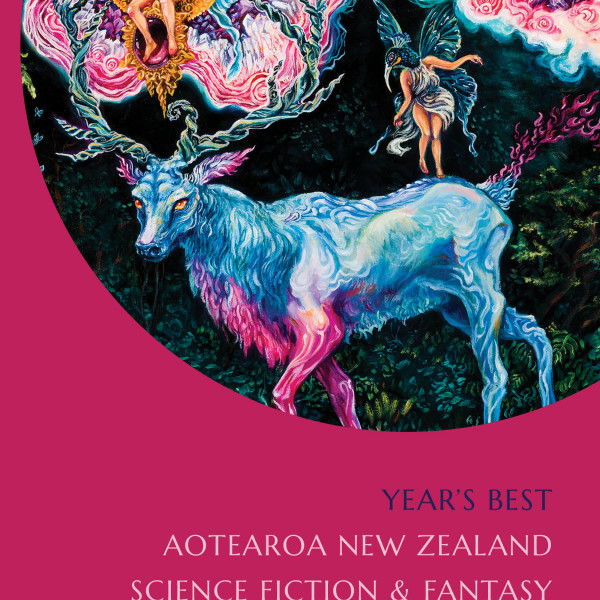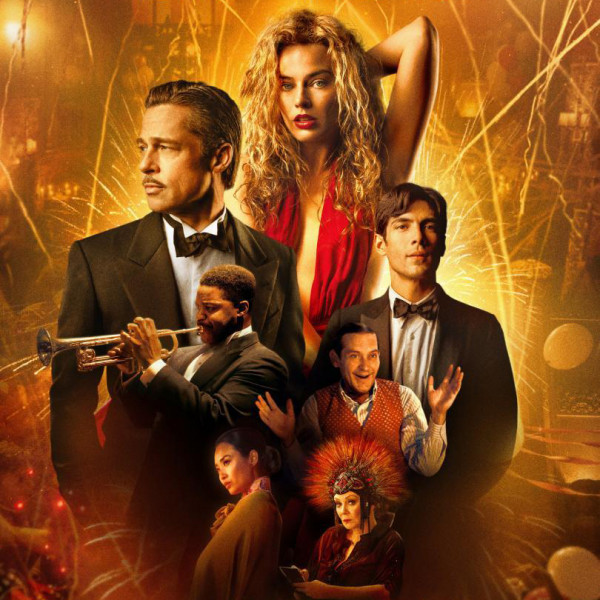
If you loved Singing in the Rain but wished it had been a bit more debauched, decadent, and depraved, then Babylon is the film for you.
Written and directed by Academy Award-nominee Damien Chazelle, Babylon tells the story of three Hollywood dreamers during the rise and fall of the silent film era, from the 1920s through to the 50s. Jack Conrad (Brad Pitt) is the king of silent films, but his talkies prove less popular. Nellie La Roy (Margot Robbie) knows she’s a star before she even steps foot in Hollywood; she gets a lucky break when she sneaks into a party but falls hard when cinema adds sound. Manuel Torres (Diego Calva) slowly climbs the ranks through his determination and commitment, but will his devotion to Nellie be too much to endure?
Cinematographer Linus Sandgren and editor Tom Cross are truly a match made in heaven. Sandgren has a way with light and colour as demonstrated in Chazelle’s La La Land, and his influence on Babylon is evident. Sandgren’s visuals combined with Cross’s fast-paced editing creates a thrilling rollercoaster ride that keeps you on the edge of your seat. Perhaps the biggest praise however should go to production designer Florencia Martin, who creates a world as fantastical, complex, diverse, grotesque, and saturated as a Fellini film.
Though beautiful, exciting, and undeniably entertaining, I think the film is decidedly unoriginal. The story seems more like a rip-off than a tribute to Singing in the Rain and The Great Gatsby. The underlying theme of Hollywood’s brutality, in which fame is delusional, and cinema is a business that uses creatives in its machine, is not only tired and over-used, but executed in a way that leaves no room for redemption or sympathy.
Don’t get me wrong, the actors and crew all did a phenomenal job on the technical side of this film. The first two-thirds are engaging and decadently beautiful. However, I feel as though the final segment of the story somehow lost its way. Nevertheless, Babylon absolutely deserves a watch and some Oscar buzz.





